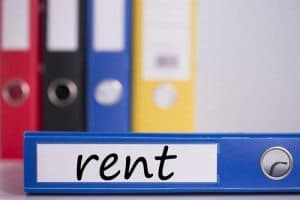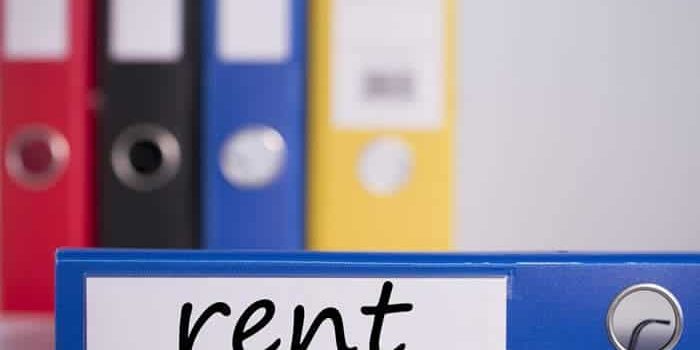Also called a lease, CAM and Escalation Expense Audit, a rental audit 
If you want to operate a real estate business in Singapore then this should fall under your jurisdiction. A tenant can request a lease audit on a landlord who he believes overcharged him or vice versa if due to the percentage of the rent charged.
Getting real estate leases audited has become an important part of several organizations’ maintenance procedures. This should come as no surprise if you consider the fact that almost $100 million can be saved by commercial tenants just be lease auditing.
If you are a tenant whose landlord wants certified revenue figures then you need the services of a professional lease auditor especially if your lease space spans a number of cities. If you are in charge of a large corporation then you can end up saving a lot of money if you run lease audits on all of them. However, lease audits are primarily useful for tenants rather than landlords.
Speaking of saving money did you know that lease auditing can fit into your organization’s budget control program? It will not change the way you operate your business or the lease transactions that your brokers, landlords and real estate personnel worked for. All a rental audit will do is analyze whether as a tenant your organization is paying more than the due amount and if recovering overpaid amounts is possible or not.
The fact of the matter is that as a business owner with a company on someone else’s land, you might not have the experience or time to go through each bill that comes in from the landlord. In other words, it is more than likely that you are paying more than you need to thus wasting money that can be used on more productive endeavors.
Do not take this lightly. The magnitude of that deceptively small error will be reflected in the annual bill. Plus if your lease runs for a decade or more, then the errors that are made in the first one will be repeated in each leading to massive losses you might not even be aware of.
Most of these mistakes appear in expense calculations and the tax pass-throughs. In addition, many leases comprise of provisions that allow landlords to charge for some or all maintenance costs such as repairs, utilities and even operations which does not make them pass-through expenditures. Plus most errors occur when the time comes to establish a base year in gross leases, which are typical for office use. These include all of the standard services that are needed to manage and maintain a building and the rent also includes the amount needed to pay for them besides others. Bottom line is without these, landlords will have to pay for everything out of their own pockets, but that does not mean that they should try to take more than they need. A rental audit will clarify anomalies and ensure you do not overpay yours.









